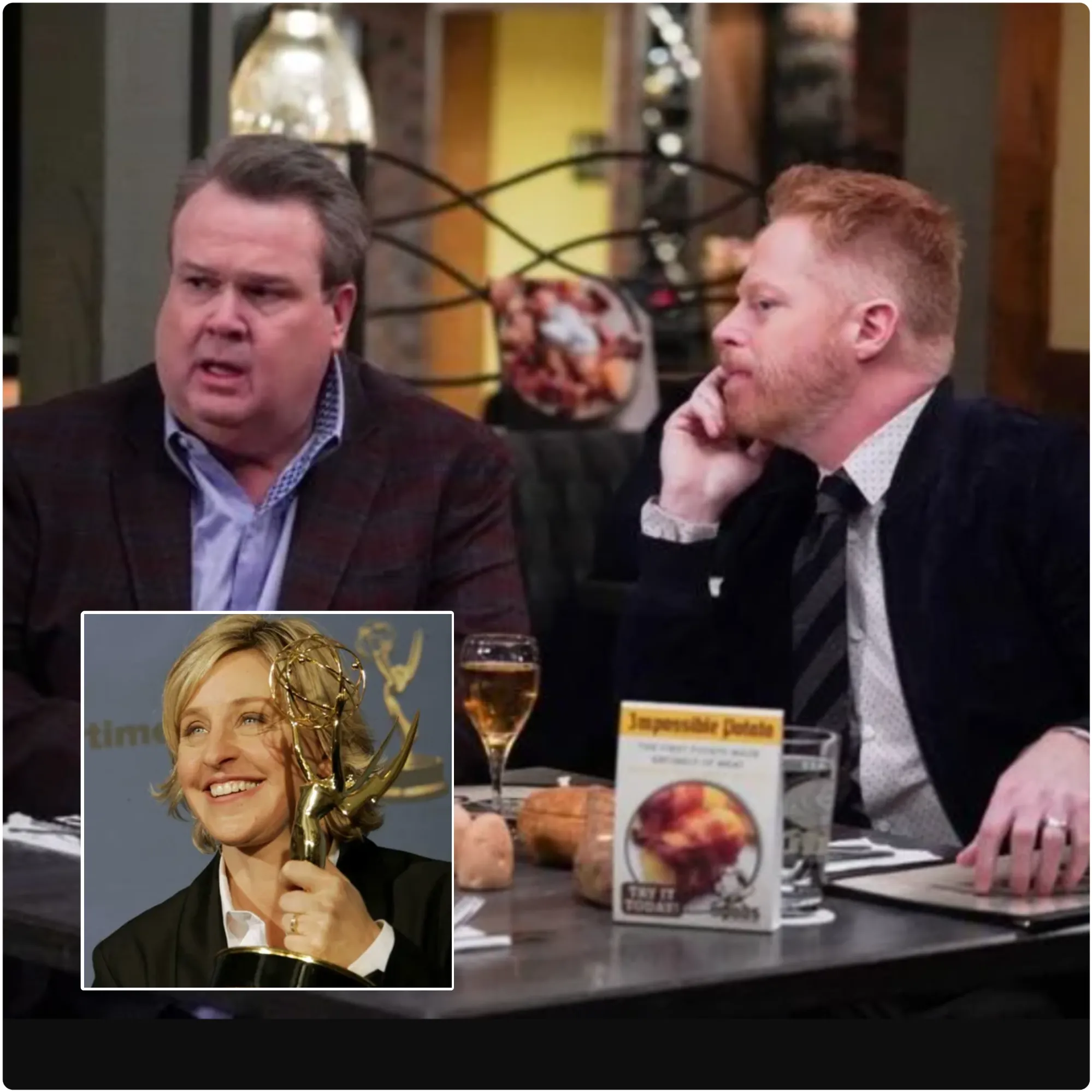
Ellen DeGeneres’ “Puppy Episode” – A Pivotal Moment in LGBTQ+ TV History
Nearly three decades ago, Ellen DeGeneres made history by coming out as gay in the unforgettable “Puppy Episode” of her sitcom, Ellen. This groundbreaking episode not only transformed DeGeneres’ career but also changed the landscape of LGBTQ+ representation on television forever. Before this moment, the entertainment industry rarely addressed queer characters in mainstream shows, let alone made them central figures. The ripple effects of DeGeneres’ courageous decision can still be felt in today’s media.

The Build-Up to the Big Reveal
Before “The Puppy Episode” aired in 1997, rumors swirled for months about whether DeGeneres and her on-screen persona, Ellen Morgan, would come out. The anticipation reached a fever pitch when DeGeneres graced the cover of Time magazine, officially coming out before the episode even aired. The tension only grew as viewers waited for Ellen Morgan to utter the iconic words, “I’m gay.”
This hour-long episode was packed with humor, including Ellen’s friends playfully asking her if she was “coming out or not,” hinting at the monumental moment that was about to unfold. However, the journey to that pivotal line was more than just a punchline – it was a deeply emotional, self-reflective process that mirrored DeGeneres’ personal journey.
How “The Puppy Episode” Came to Life
The idea for Ellen Morgan to come out came from DeGeneres herself, who wanted to align her real-life identity with her on-screen character. Her desire for authenticity resonated with the show’s co-writer, Dava Savel, and the rest of the writing team, who worked hard to ensure the episode felt genuine.
Despite concerns from Disney executives and the potential risks involved, the writers moved forward, weaving subtle hints throughout the fourth season leading up to the big reveal. The moment when Ellen finally admits her feelings for Susan (played by Laura Dern) remains one of the most powerful and poignant scenes in television history. Her line, “Susan, I’m gay,” resonated with millions of viewers, creating a lasting impact on pop culture.

The Cultural Impact of Ellen’s Coming Out
More than 42 million people tuned in to watch “The Puppy Episode,” a testament to its importance in the cultural conversation of the time. While the episode did face backlash, including death threats and certain networks refusing to air it, the positive response far outweighed the negative. Fans flooded the show with letters, sharing how DeGeneres’ bravery inspired them to embrace their true selves.
Though Ellen was canceled after its fifth season, “The Puppy Episode” continues to be recognized as a defining moment in LGBTQ+ representation. It paved the way for other popular shows like Will & Grace and Modern Family, which featured gay characters without the need for dramatic coming-out moments.
The Evolution of LGBTQ+ Representation on TV
Ellen DeGeneres’ coming out marked a turning point in how LGBTQ+ characters were portrayed on television. Since then, shows like The L Word and Orange Is the New Black have embraced lesbian and queer characters, though challenges remain. Despite the progress, as noted by gender studies expert Rachel Loewen Walker, lesbian representation in primetime TV still lags behind that of gay men.
Nevertheless, Ellen’s bravery in 1997 opened doors for countless others. While her talk show ended amid controversies, her legacy as a trailblazer for LGBTQ+ visibility remains undeniable.

A Legacy That Lasts
The Puppy Episode will forever be remembered as a milestone in television history. It wasn’t just about a character coming out – it was about authenticity, bravery, and changing the narrative. As Savel, one of the show’s writers, reflects, DeGeneres will always be remembered as a champion of the LGBTQ+ community. She didn’t just win awards for the episode; she won the hearts of millions who saw a reflection of themselves in her journey.
In the end, Ellen DeGeneres’ impact goes far beyond television. She sparked a movement that continues to influence how LGBTQ+ individuals are represented in the media, ensuring that future generations have a voice and a place on the screen.




